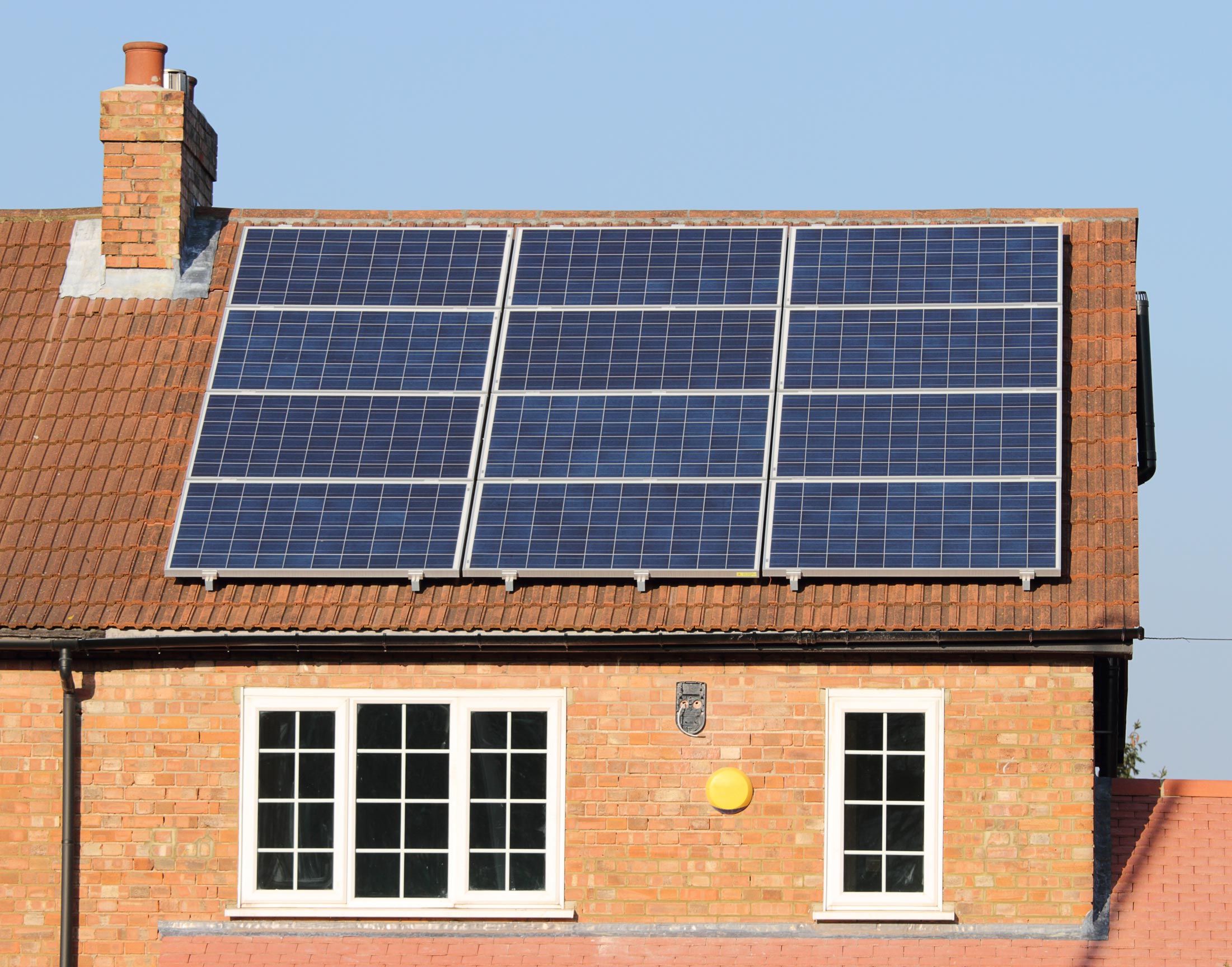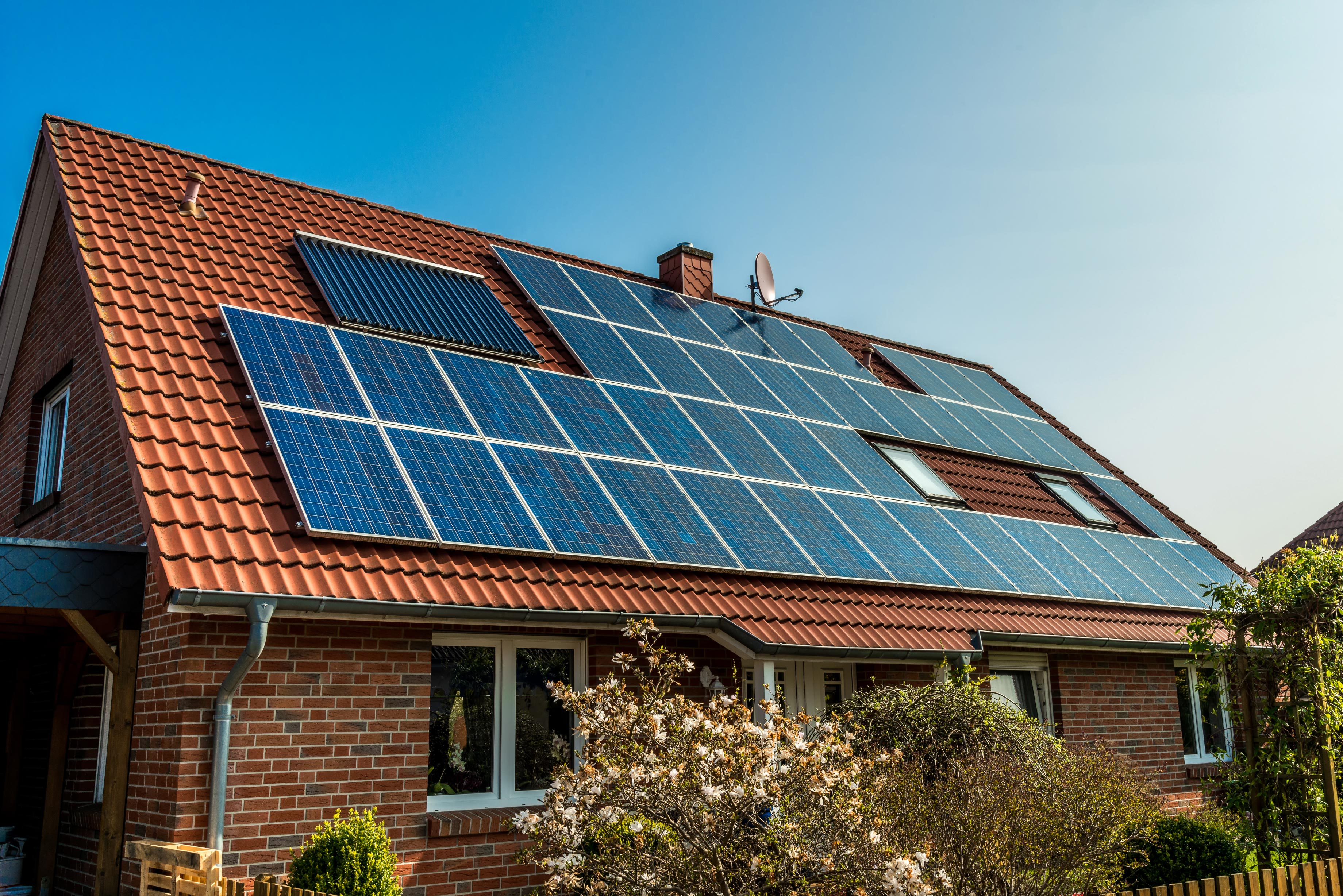Can I Store My Energy in a Battery? Navigating the World of Solar Batteries
The shift towards renewable energy sources has led many homeowners to consider not just how to generate electricity through solar panels, but also how to store this energy for later use. One of the most common questions that arises in this context is, "Can I store my energy in a battery?" In this blog, we'll delve into the concept of solar batteries, their benefits, and considerations to help you understand whether energy storage is the right solution for you.
Understanding Solar Batteries
Solar batteries work by storing excess energy produced by your solar panels that isn't used immediately. This energy can then be used at a later time, such as during the evening or on cloudy days when your solar panels are not generating as much electricity. This concept, known as 'solar-plus-storage', enhances the independence from the grid and ensures a more consistent supply of renewable energy to your home.
The Benefits of Solar Batteries
- Increased Energy Independence: By storing surplus solar energy, you can reduce your reliance on the grid, making your household more energy-independent and protecting you against power outages.
- Reduced Electricity Bills: Utilizing stored solar energy during peak times can save money on electricity bills, as you'll be less affected by time-of-use rates imposed by utility companies.
- Environmental Impact: Using more of the solar energy you generate reduces your carbon footprint, contributing to a cleaner, more sustainable future.
- Flexibility: Solar batteries provide the flexibility to use your solar-generated electricity when you need it most, regardless of the time of day or weather conditions.
Considerations for Solar Battery Storage
Before investing in a solar battery, there are several factors to consider:
- Cost: The initial cost of a solar battery can be high, but falling prices and potential government incentives can help mitigate these costs. Evaluate whether the long-term savings on your electricity bills will offset the upfront investment.
- Capacity and Power Rating: Batteries come in various sizes and capacities. Determine your energy usage needs to select a battery that can store enough energy and deliver it at the right rate.
- Lifespan and Warranty: Like all technology, solar batteries degrade over time. Check the lifespan and warranty of the battery to ensure it meets your expectations and provides value for money.
- Compatibility: Ensure that the solar battery is compatible with your existing solar panel system. Some batteries are designed to work specifically with certain types of inverters or solar panels.
- Installation and Maintenance: Consider the space required for the battery and any specific installation and maintenance requirements. Professional installation is recommended to ensure safety and efficiency.
Real-World Applications of Solar Batteries
Solar batteries are already making a significant impact on how individuals and communities use energy. For example, in areas with frequent power outages, solar batteries can provide essential backup power. Similarly, in regions with high electricity rates or strong solar incentives, batteries can offer substantial financial benefits.
Conclusion
Solar batteries represent a significant step forward in renewable energy utilization, offering homeowners the chance to maximize their solar investment and enhance their energy independence. While the upfront costs can be considerable, the benefits of storing and using your own solar energy can outweigh these initial expenses in the long run. By considering your energy needs, budget, and the factors listed above, you can determine whether a solar battery is the right choice for your home. As technology advances and prices continue to decrease, solar batteries are becoming an increasingly attractive option for those looking to reduce their environmental impact and gain more control over their energy use.









